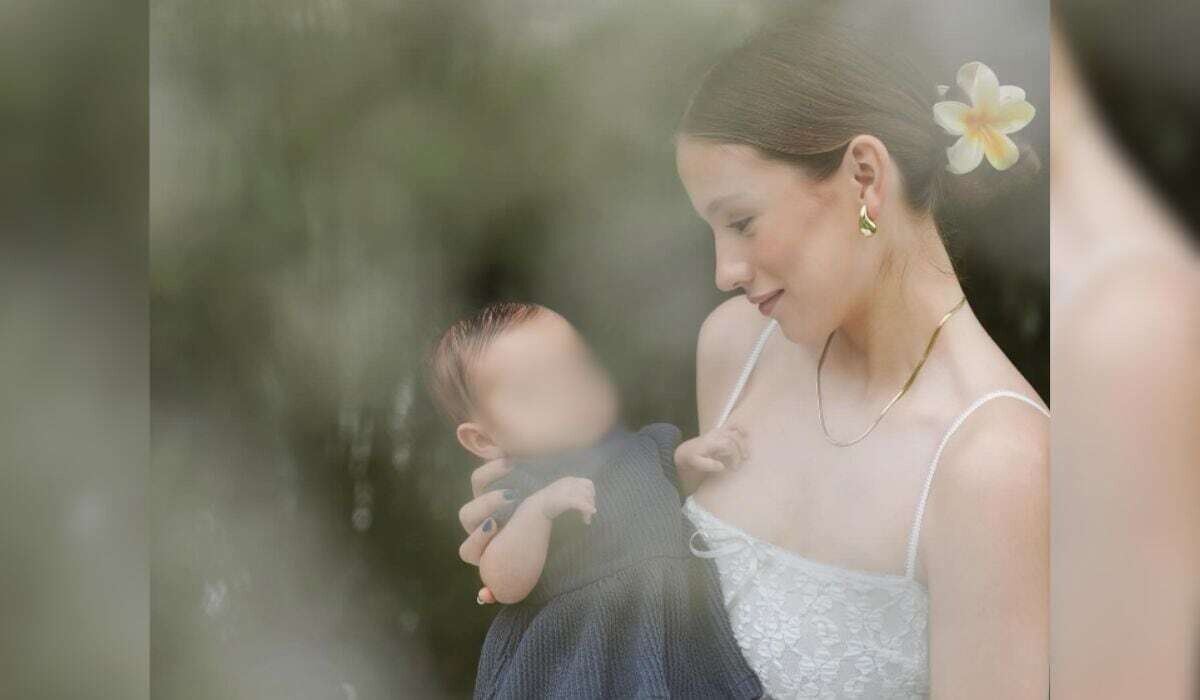
The recent case of Marianne Gonzaga, a recognized influencer, has generated intense debate on social media around the possible existence of postpartum depression. Gonzaga was accused of stabbing her ex-partner's girlfriend and the mother of her daughter, Valentina Gilabert. This incident has led many users to speculate whether the influencer was suffering from postpartum depression, which, according to some comments, could have contributed to the situation.
Postpartum depression is a mental health disorder that goes beyond simple sadness or melancholy, according to the United Nations Children's Fund (UNICEF). It generally manifests between two and eight weeks after childbirth, although it can also occur up to a year later. Some of the most common symptoms include feeling overwhelmed, sadness, anxiety, persistent crying, lack of emotional connection with the baby, fatigue, and difficulty concentrating, among others.
Although Marianne Gonzaga has never confirmed suffering from postpartum depression, her followers and several internet users have speculated that she may have experienced this condition after the birth of her daughter, Emma. The lack of support and adequate care during postpartum depression can lead to extreme situations, such as suicides or attempts to harm newborns.
While postpartum depression has been associated in some cases with extreme actions, such as homicide attempts, it is essential to highlight that this would not legally justify such behaviors. The case of Marianne Gonzaga has highlighted the importance of appropriately addressing the mental health of mothers in the postpartum period to prevent tragic situations.













